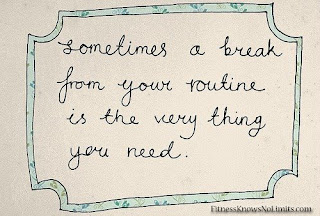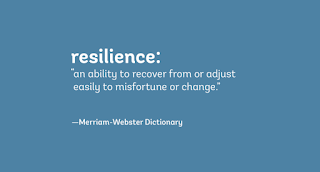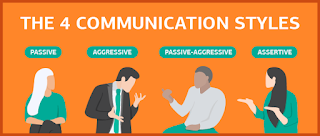Existentialism: The Basics
Irvin Yalom defines existential psychotherapy as an approach to therapy that helps clients face concerns of existence: meaninglessness, isolation, death, and freedom. This approach to therapy is based on the fact that human beings are free to make choices and they are responsible for their actions and choices. It emphasizes on freedom, choices, and existence of an individual. Existentialists believe that humans try to find meaning in their lives and make rational decisions. Existentialism disregards the deterministic view of humans as suggested by radical behaviorists and psychoanalysts. This therapy is based on the fact that people are not victims of circumstances but victims of their own choice. Viktor Frankl in his book says that man can be deprived of everything but no one can take away his freedom to make choices. Life puts man in a situation and it is the man’s choice that defines the consequences. This therapy encourages clients to reflect on their life, look at alternative...












